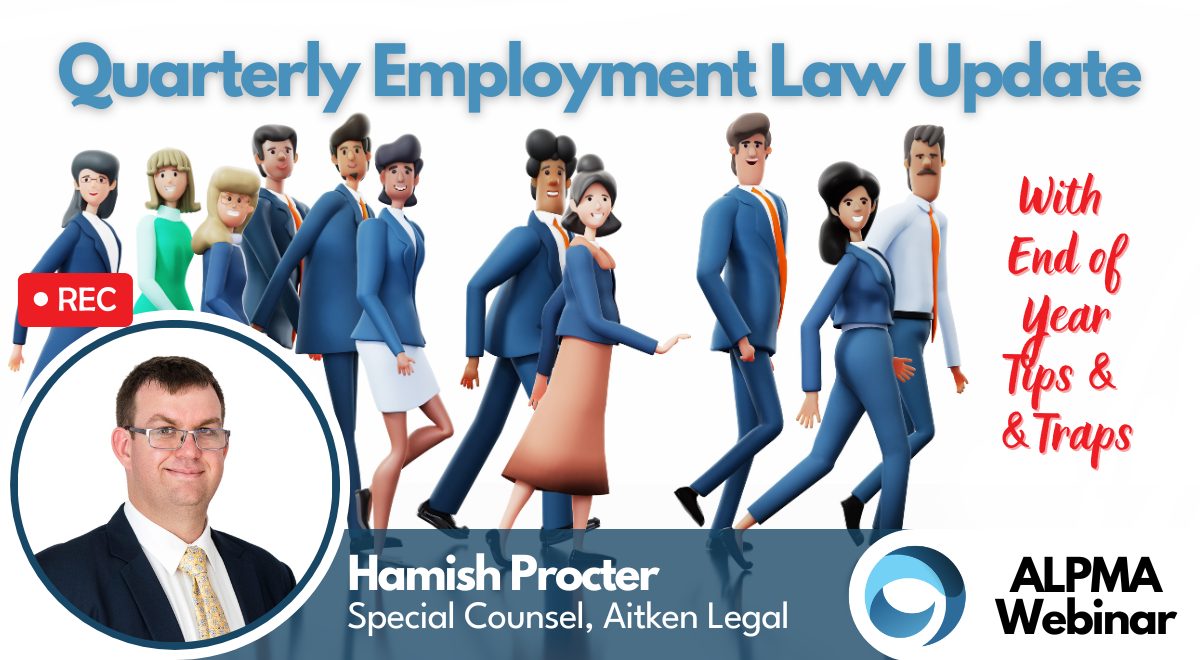The 2025 ALPMA Australian HR Issues & Salary Survey report reads like a barometer of an industry at the inflection point between post-pandemic recalibration and pre-AI acceleration. While the numbers offer statistical clarity, what stands out most is what they imply: the legal sector, long defined by caution and continuity, is being quietly reshaped by a new set of pressures—talent scarcity, structural imbalance, and a generational shift in expectations.
As a firm that partners with legal businesses across Australia, New Zealand, the UK, and beyond, Novum Global sees this report not as a snapshot—but a set of signals. Here’s how we interpret them, and what they mean for leadership teams shaping their next chapter.
1. The Salary Signal: Momentum Without Meaning Is a Risk
A 4.1% average salary increase—above inflation and national wage growth—is good optics. But beneath the headline, a more telling trend emerges: early-career solicitors are advancing, while mid-level lawyers without progression pathways are falling behind. This divergence is dangerous. It reflects a common weakness: law firms are excellent at hiring but inconsistent at developing.
From our perspective, this reinforces the need for firms to embed transparent progression frameworks—not just for equity paths, but for specialist, technical, and leadership roles too. Failing to do so doesn’t just risk churn—it devalues the investment already made in talent.
2. Workforce Models: Leaner Isn’t Always Smarter
The 4.46 ratio of fee earners to secretaries is emblematic of the continued march toward tech-enabled independence. But efficiency gains can’t come at the cost of team sustainability. We hear it daily: high-performing professionals are struggling under the weight of administrative load, context-switching, and hybrid expectations.
True innovation lies not just in fewer heads but in better-integrated support—whether that’s through outsourced legal ops, workflow automation, or flexible paralegal resourcing. Firms that build scalable, resilient support models will outpace those clinging to legacy cost-centre thinking.
3. DEI & Leadership: Still Crawling, Not Running
63% of solicitors are women, yet only 28% of equity partners are. The gap is glaring—and the response has been tepid. Only 20% of firms have active DEI programs, and fewer still have undertaken a gender pay gap analysis. Every year, this data drives me absolutely bonkers. It’s disheartening not just because the gap is wide, but because it’s barely moving.
This is no longer about awareness; it’s about accountability. Firms must build inclusive pathways to equity and measure them. Until then, we’re just circulating the same conversation every year.
4. Recruitment Reality Check: Growth Isn’t Guaranteed
While 59% of firms expect headcount growth, only 39% achieved it in 2024. This optimism gap reflects what we see across markets: intent is not translating into outcome. Why? Because the war for talent has shifted. It’s no longer about who pays the most—it’s about who invests the most in purpose, flexibility, and growth.
The shift from backfill to growth hiring is promising. But it must be supported by more strategic workforce planning—especially around specialist roles like legal ops, knowledge management, and IT. These are the functions that will unlock future capacity, yet continue to be underfunded and overlooked.
5. Bonus Models: Broken Signals in a Performance Culture
Bonuses have always intrigued me, particularly as they intersect with career frameworks—or the lack thereof. According to the survey, 58% of lawyers earn bonuses based on individual financial performance, often tied to fees billed or recovered (both 41%). But 55% receive what are labelled discretionary bonuses, and therein lies the problem.
In many firms, discretionary means opaque. There’s no clear roadmap of what behaviour or value beyond billables will earn recognition. Mentoring, innovation, client relationship development—these non-financials are applauded in theory but often unrewarded in practice. And when professionals don’t see a clear line of sight between effort and outcome, motivation wanes.
Even more concerning is the near-total absence of team or firm performance bonuses. Only 11% of firms consider profitability per matter. That speaks volumes. We’re still in an industry that rewards individual results, not collaborative architects.
Until bonus models evolve to reflect contribution beyond individual billing, we will continue to struggle with alignment, engagement, and the adoption of modern pricing and service delivery models.
Novum Global’s Outlook: What Progressive Firms Are Doing Differently
Across our client base, we’re seeing a new breed of legal employers emerge—ones that are:
- Creating multi-pathway career frameworks (not just partner-or-bust)
- Embedding flexible workforce structures, including offshore and on-demand talent
- Investing in internal brand and EVP storytelling, especially for early-career hires
- Reframing DEI as a business performance strategy, not just a policy goal
- Using data to align remuneration, retention, and performance
These firms aren’t waiting for the market to shift. They’re designing for it.
Final Word: From Caution to Creativity
The 2025 ALPMA report underscores that while the legal sector may be stabilising, it has not yet fully transitioned from reactive to proactive. For leaders, the message is clear: the future won’t reward the cautious—it will reward the courageous.
At Novum Global, we believe the firms that win will be those that reimagine what it means to lead, not just bill. This isn’t just a war for talent. It’s a race to redefine value—and the clock is already ticking.




